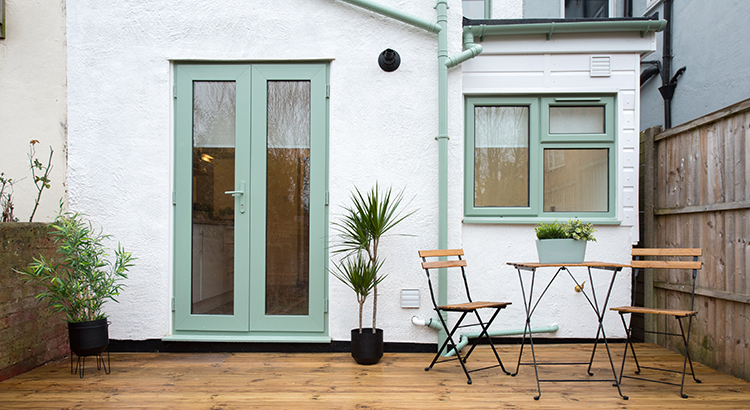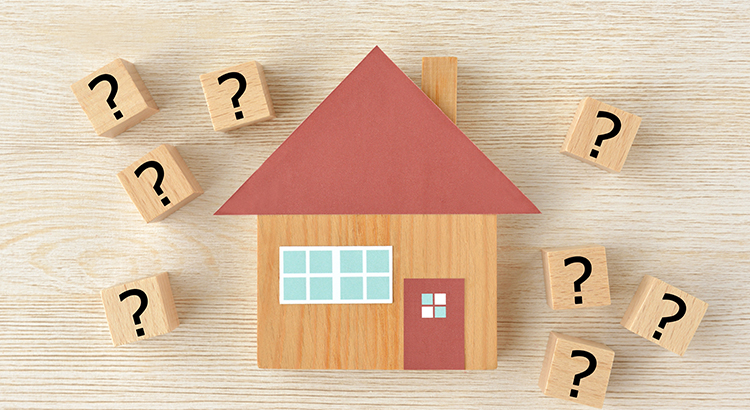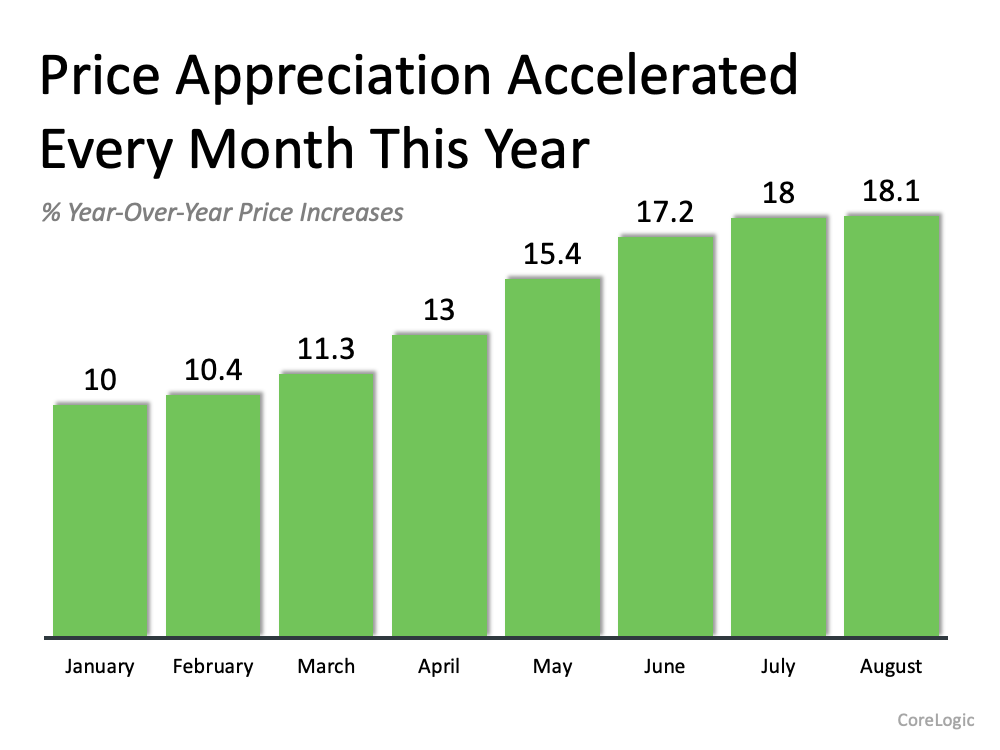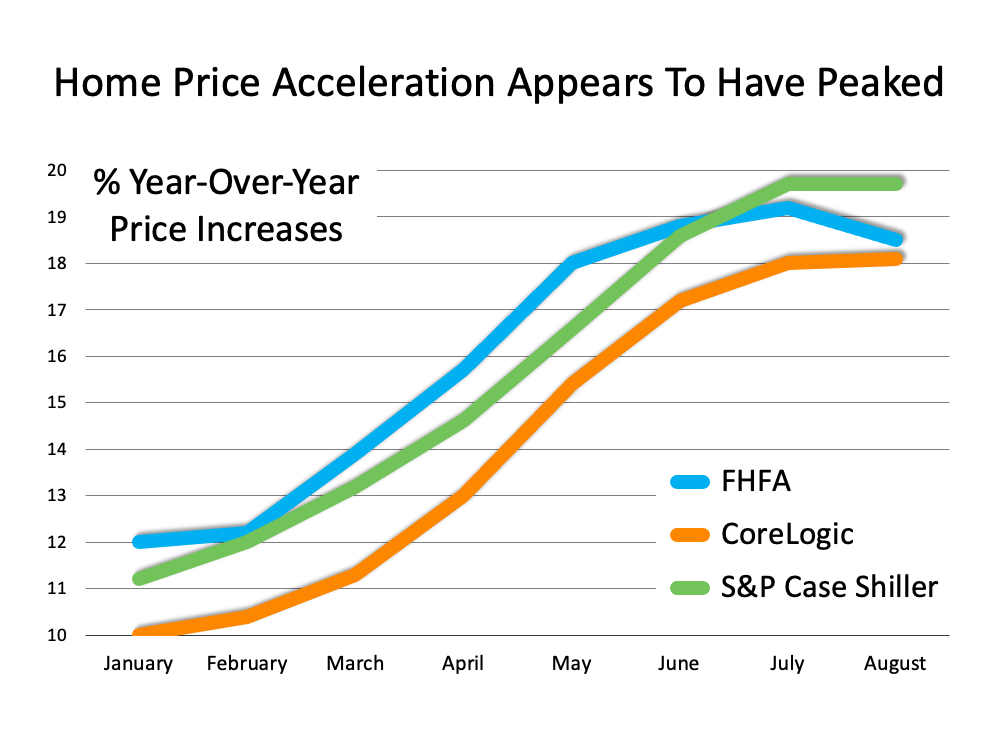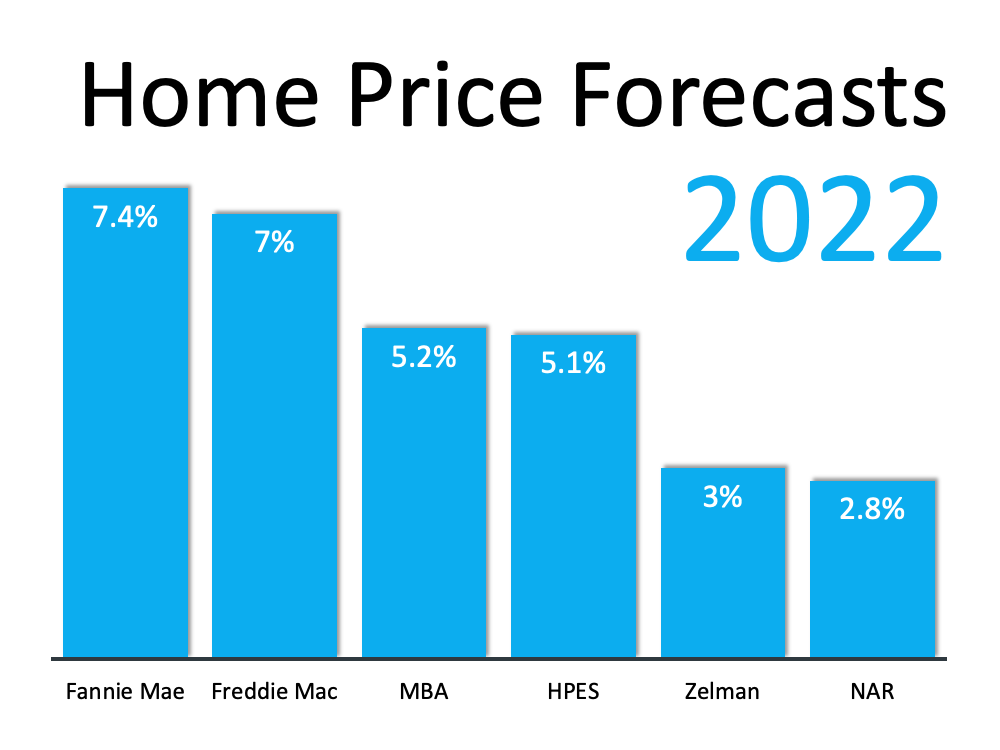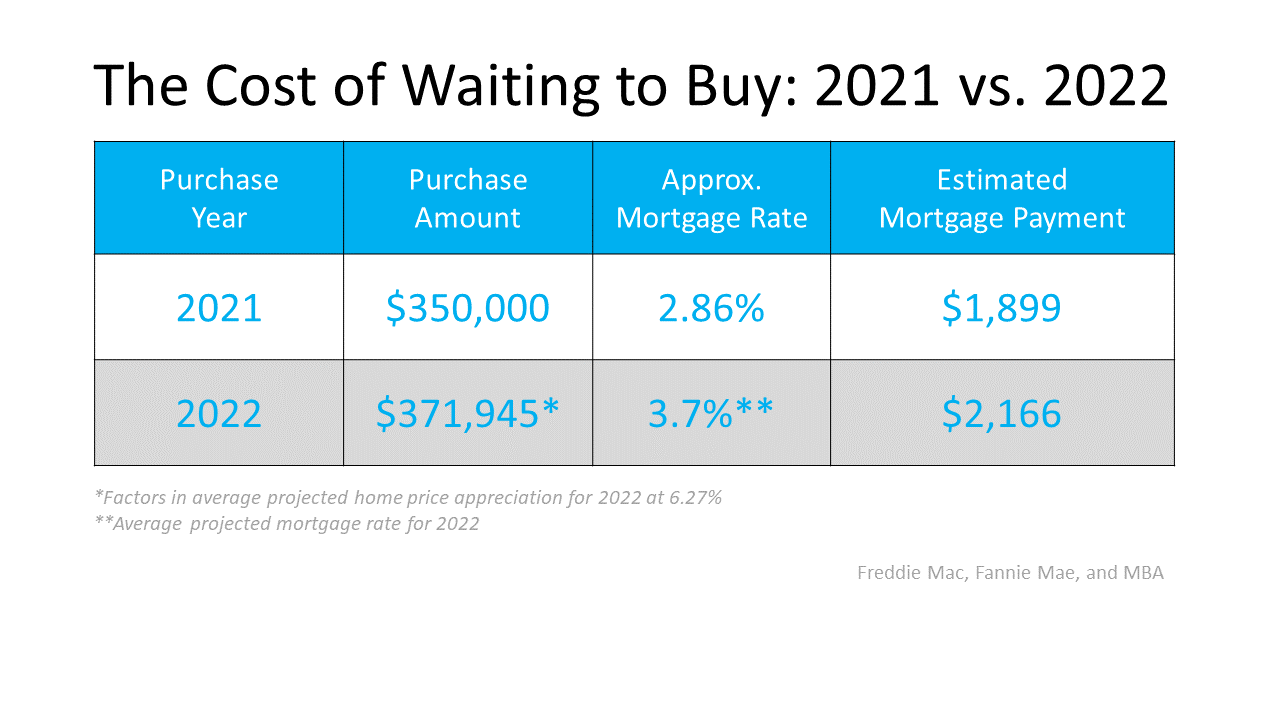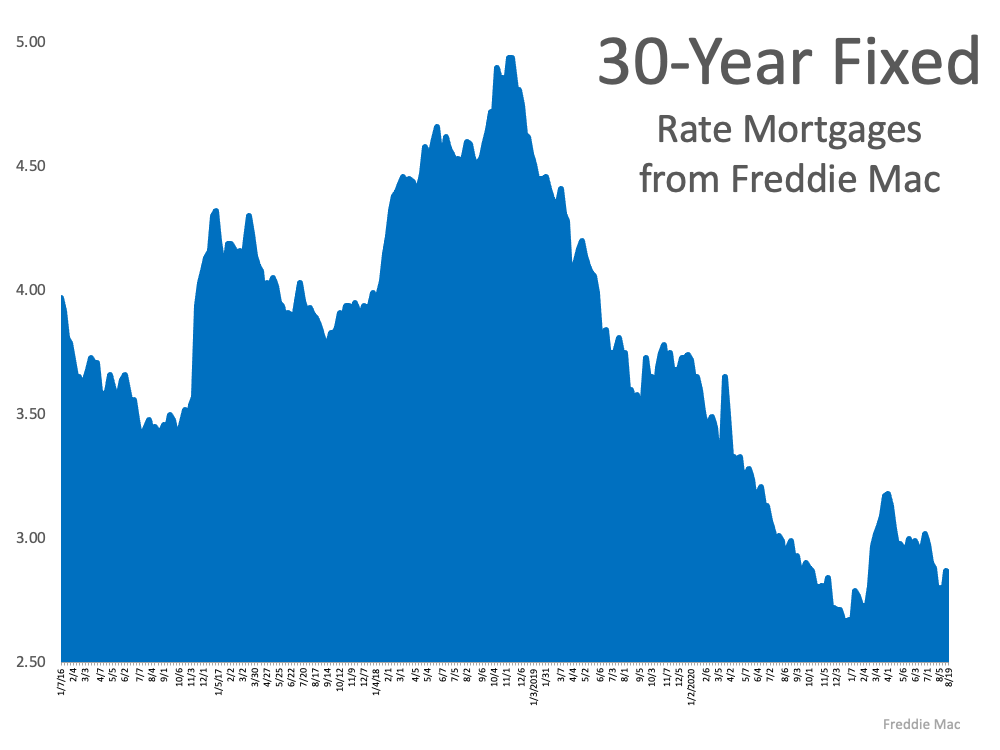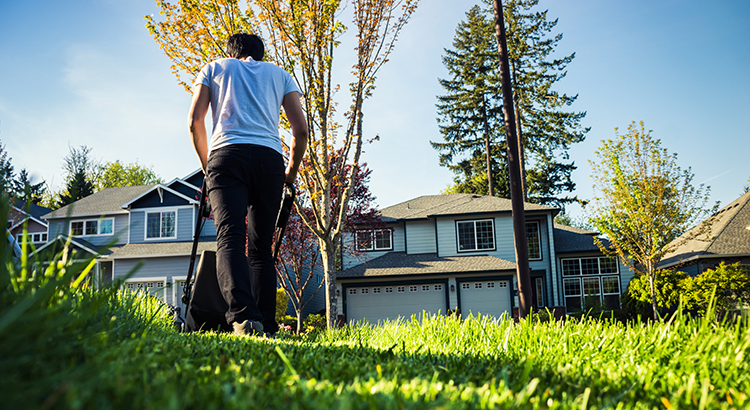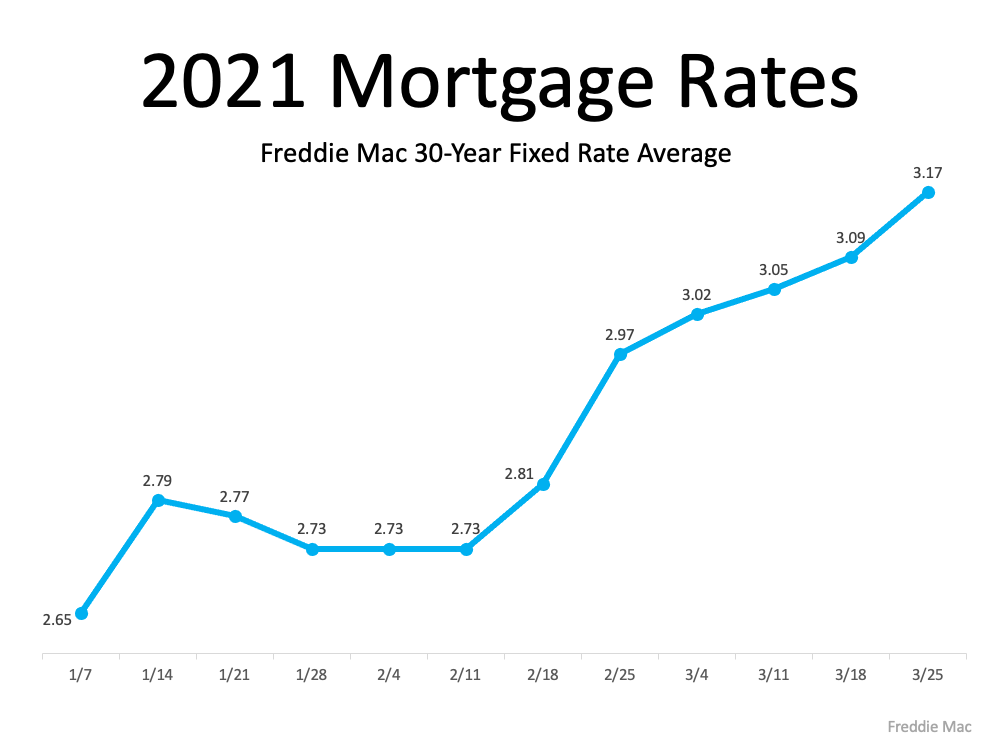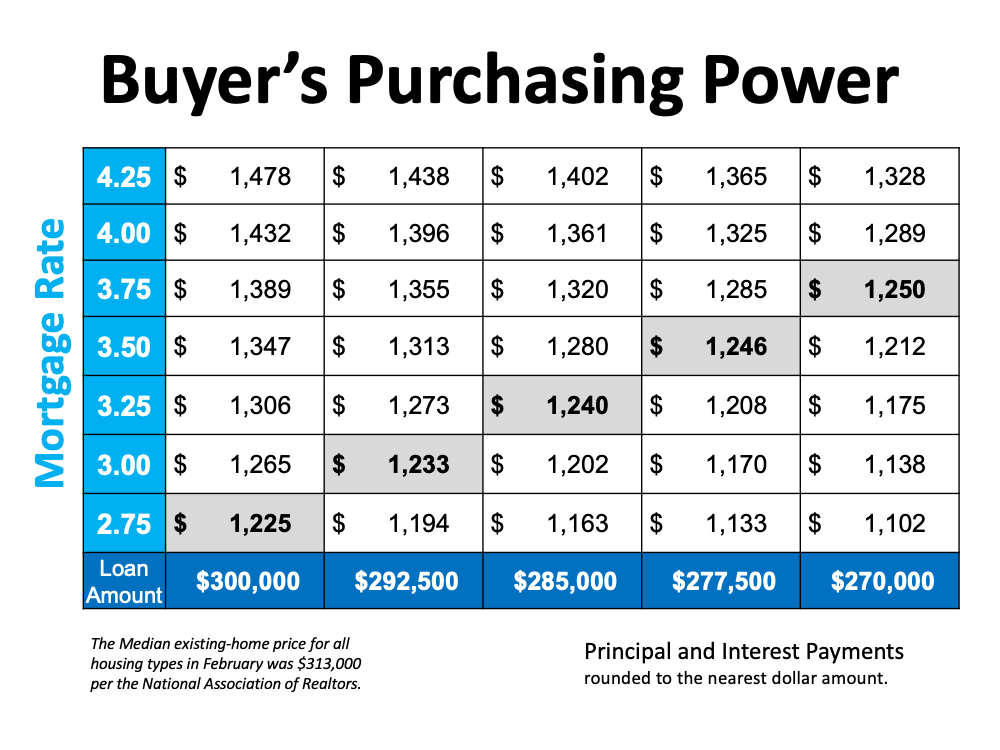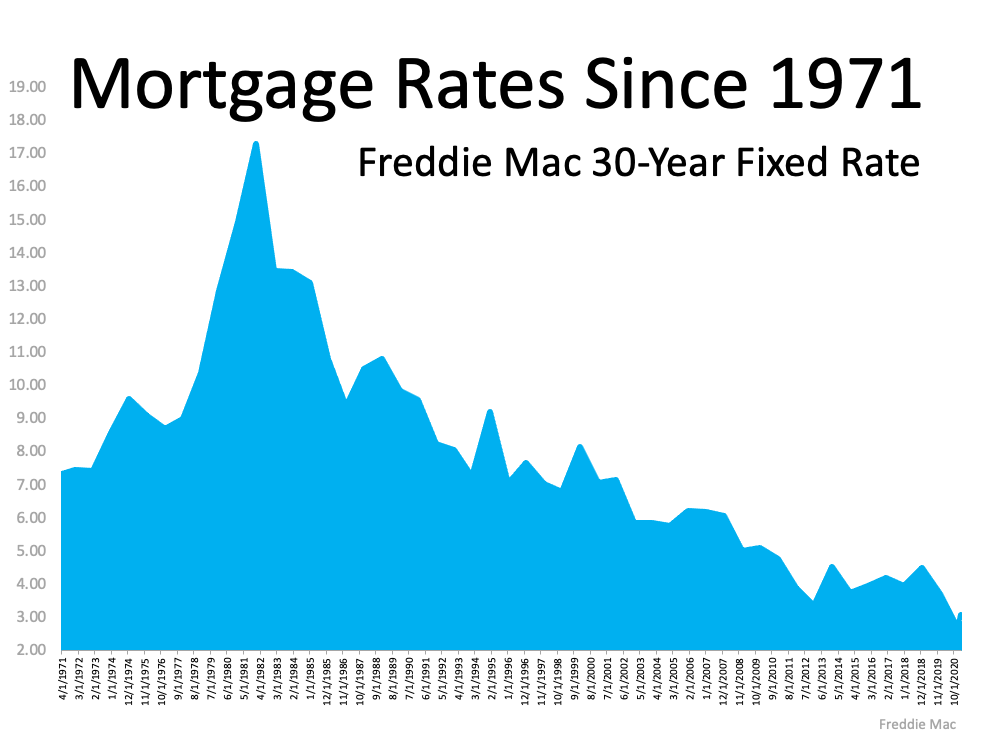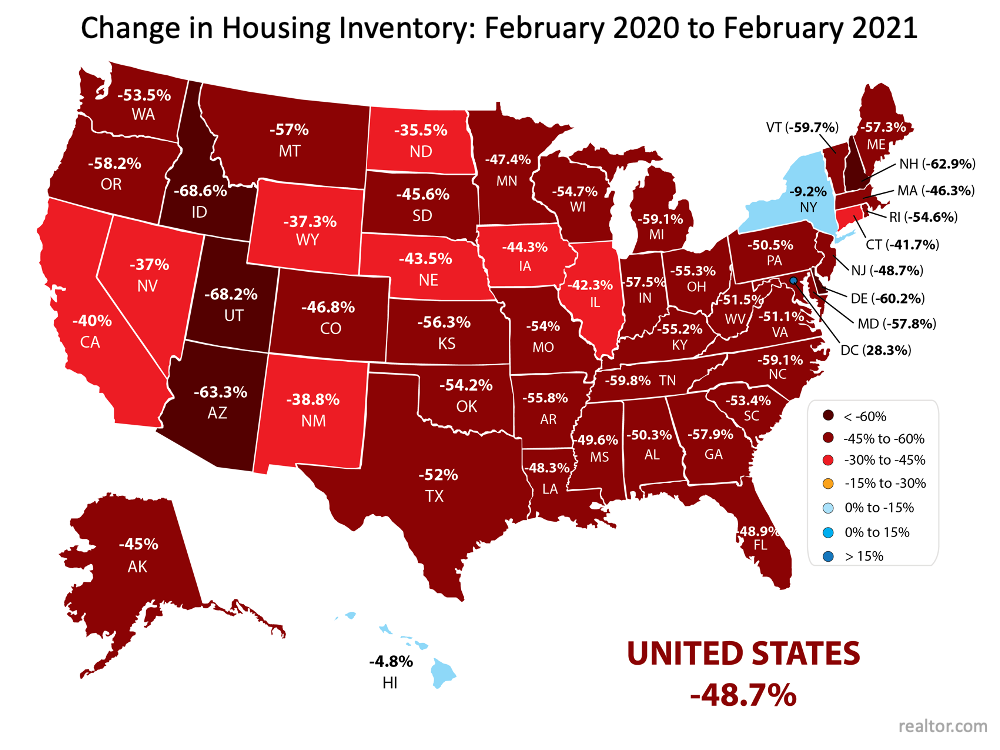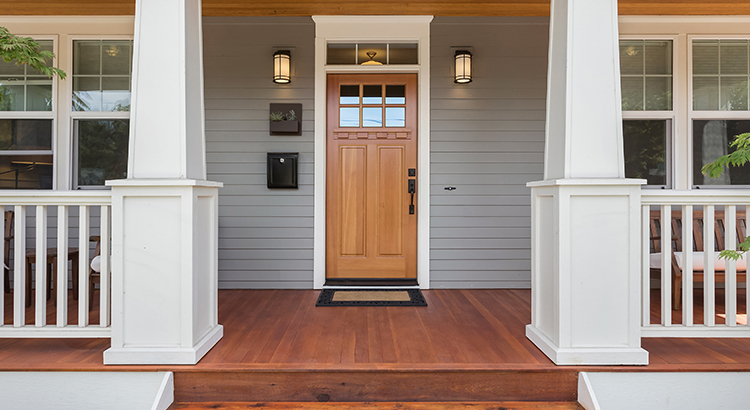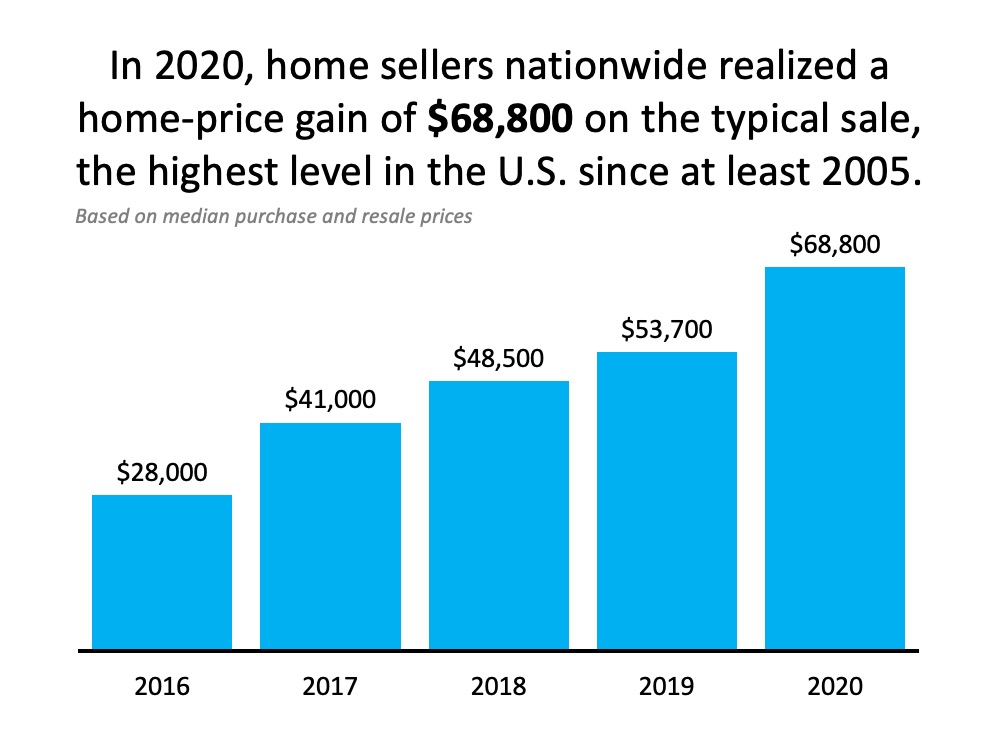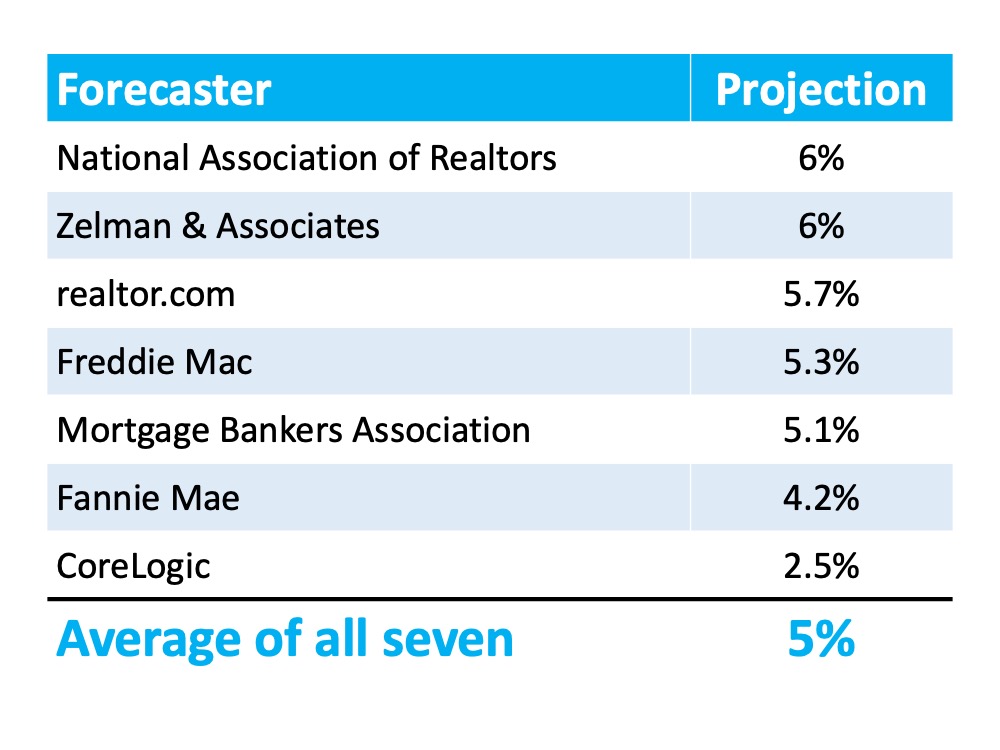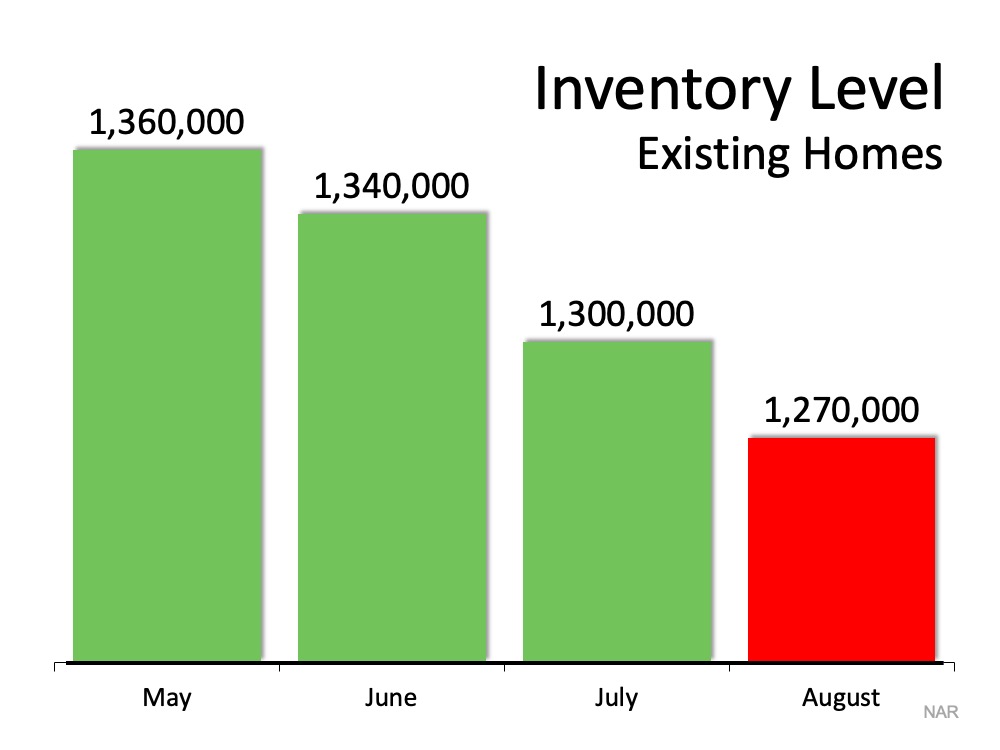With the US real estate market managing to thrive during the coronavirus pandemic, many investors are beginning to make plans to enter the market next year. If you want to ensure a high return on investment in the US housing market 2021, turn to our list of the best places to invest in real estate.
This list is based on the PwC’s Emerging Trends in Real Estate 2021: US and Canada report. The annual report put out by the PwC and the Urban Land Institute features key data, trends, and insights from over 1,600 real estate experts. In this year’s report, the effects of COVID-19 were analyzed among other market factors in order to rank US cities in the Markets to Watch list. Those listed below ranked in the top 10 for overall real estate prospects. Read the full report here.
In addition to breaking down information from the report, we have included key real estate market statistics derived from Mashvisor’s database and other top resources.
The 10 Best Places to Invest in Real Estate in 2021
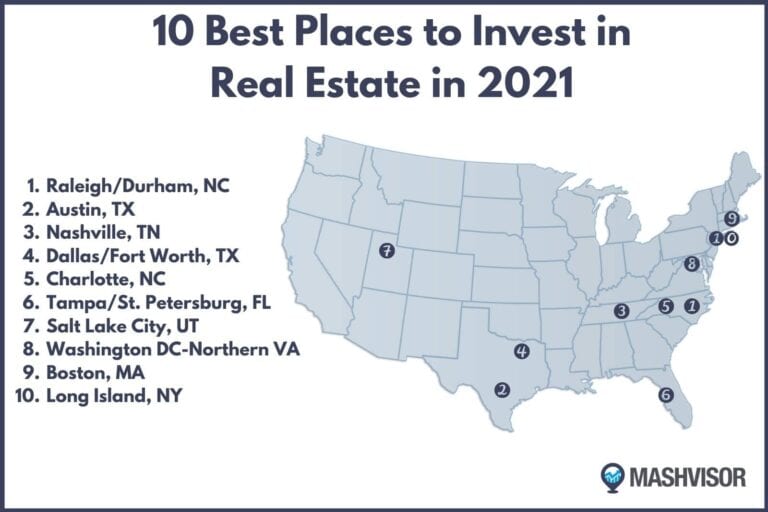
- Raleigh/Durham, NC
- Austin, TX
- Nashville, TN
- Dallas/Fort Worth, TX
- Charlotte, NC
- Tampa/St. Petersburg, FL
- Salt Lake City, UT
- Washington, DC–Northern VA
- Boston, MA
- Long Island, NY
#1. Raleigh/Durham, North Carolina
Last year and pre-COVID-19, the Raleigh/Durham real estate market came in #2 in the report for overall real estate prospects. Now, amid the pandemic, the location has managed to take the title of the best place to invest in real estate for 2021.
The report labels Raleigh/Durham as a “Magnet City” – a place where both people and businesses have been migrating to during COVID-19. As an 18-hour city, the location’s culture, general way of life, and the local job opportunities continue to attract residents.
Another factor that is attracting newcomers is the relative affordability of homes for sale in the market. At the same time, both the Durham and Raleigh real estate markets have a high price to rent ratio (see Mashvisor’s data below). This is one of the factors that make the location one of the best cities to buy a rental property for 2021. Residents still find it more affordable to rent than to buy a home. In Raleigh, the current renter population is around 51%. For Durham, the population sits at around 53%.
In terms of general economic health, the Raleigh/Durham housing market ranked #3 based on the expert opinions in the report. Although much of the US still suffers from high unemployment rates, the Raleigh-Durham-Cary metropolitan area had an unemployment rate of 6.2% at the end of September 2020. Compared to the national average of 7.9%, the area’s job market is slowly but surely recovering from the high unemployment rate witnessed in April of this year (10.7%).
Raleigh Real Estate Market Statistics:
- Median Property Price: $477,440
- Price per Square Foot: $197
- Price to Rent Ratio: 27
- Traditional Rental Income: $1,485
- Traditional Cash on Cash Return: 2.2%
- Top Raleigh Neighborhood for Real Estate Investing: Northeast Raleigh
- Seller’s Market
- Forecasted Real Estate Appreciation for 2021: 7%
Durham Real Estate Market Statistics:
- Median Property Price: $377,133
- Price per Square Foot: $209
- Price to Rent Ratio: 22
- Traditional Rental Income: $1,413
- Traditional Cash on Cash Return: 2.5%
- Top Durham Neighborhood for Real Estate Investing: Scarsdale Village
- Seller’s Market
- Forecasted Real Estate Appreciation for 2021: 6.9%
Other Raleigh/Durham Housing Market Rankings for 2021:
- #1 for Homebuilding Prospects
- #6 for Real Estate Investor Demand
- #1 for Development and Redevelopment Opportunities
- #11 for Availability of Debt and Equity Capital
Raleigh/Durham Multifamily Market 2021 Outlook:
#2. Austin, Texas
One reason the Austin real estate market has managed to weather the coronavirus is its lack of major economic dependence on the leisure and hospitality industries. As these sectors were hit the hardest during the pandemic, economics wholly dependent on them continue to struggle. Fortunately, Austin enjoys a diverse economy – just one of the reasons it takes the second spot on the list for the best places to invest in real estate in 2021. Austin ranked #1 for its local economy, according to the experts interviewed. As of September 2020, the unemployment rate was 6.5%.
The report labels the Austin housing market as a “Boom Market.” These are locations where real estate is in high demand and property values continue to appreciate rapidly. At the same time, Austin homes for sale have managed to remain relatively affordable, driving in-migration from West Coast areas like the California housing market during COVID-19.
Still, the local renter population remains high – around 56%. So Austin rental property owners will continue to enjoy good occupancy rates and high rental income next year as in-migration drives rental demand higher.
Related: 50 Best Cities for Rental Income
Austin Real Estate Market Statistics:
- Median Property Price: $631,959
- Price per Square Foot: $326
- Price to Rent Ratio: 26
- Traditional Rental Income: $2,036
- Traditional Cash on Cash Return: 1.6%
- Top Austin Neighborhood for Real Estate Investing: West University
- Seller’s Market
- Forecasted Real Estate Appreciation for 2021: 7.7%
Other Austin Housing Market Rankings for 2021:
- #2 for Homebuilding Prospects
- #1 for Real Estate Investor Demand
- #4 for Development and Redevelopment Opportunities
- #1 for Availability of Debt and Equity Capital
Austin Multifamily Market 2021 Outlook:
- 63% of experts recommend buying a multifamily property
- 26% of experts recommend holding onto your multifamily property
- 12% recommend selling
#3. Nashville, Tennessee
The Nashville real estate market is being hailed as a “New Boomtown” in the report and as a “strong housing market.” As such, it has managed to maintain its #3 spot on the annual list of the best places to invest in real estate.
Being an 18-hour city, it continued to attract new residents during COVID-19. However, it is one of the few major cities that has managed to draw in a large amount of “smart, young workers.” This has allowed Nashville to officially begin recovering from the pandemic-driven job losses witnessed earlier this year. The unemployment rate for the metro area dropped to 5.9% at the end of September. The city ranked #4 for the general health of its local economy.
If you are considering buying rental property in the Nashville real estate market in 2021, know that the renter population is around 48%. Based on Mashvisor’s statistics below, the rental demand drives a good monthly income and cash on cash return.
Nashville Real Estate Market Statistics:
- Median Property Price: $481,706
- Price to Rent Ratio: 25
- Traditional Rental Income: $1,612
- Traditional Cash on Cash Return: 2.6%
- Top Nashville Neighborhood for Real Estate Investing: Trinity Hills
- Seller’s Market
- Forecasted Real Estate Appreciation for 2021: 7.2%
Other Nashville Housing Market Rankings for 2021:
- #10 for Homebuilding Prospects
- #3 for Real Estate Investor Demand
- #8 for Development and Redevelopment Opportunities
- #3 for Availability of Debt and Equity Capital
Nashville Multifamily Market 2021 Outlook:
- 59% of experts recommend buying a multifamily property
- 37% of experts recommend holding onto your multifamily property
- 4% recommend selling
Related: The 7 Best Nashville Neighborhoods to Invest in Real Estate
#4. Dallas/Fort Worth, Texas
The Dallas/Fort Worth market has moved up the list from #6 in 2020 to #4 for 2021.
Dallas is grouped with Nashville as a “New Boomtown.” However, the housing market also falls into another group: the Super Sun Belt Magnet Cities. Locations are labeled as such for their ability to offer an affordable environment for both residents and businesses. They also have thriving economies that are home to a diverse range of businesses. The location ranked #2 for its local economy.
This points to a positive job outlook, with the report estimating that cities like Dallas/Fort Worth will see 28% new jobs from 2019 – 2025. Currently, however, the local unemployment rate remains high amid the pandemic compared to other cities on this list – 8.4% for September 2020.
A diverse economy and a growing job market definitely earn the Dallas/Fort Worth housing market a spot on the list of the best places to invest in real estate. And those looking to enter the residential market should know that the renter population is high in both locations: 59% for the Dallas real estate market and 44% for the Fort Worth real estate market.
Dallas Real Estate Market Statistics:
- Median Property Price: $490,477
- Price per Square Foot: $227
- Price to Rent Ratio: 21
- Traditional Rental Income: $1,966
- Traditional Cash on Cash Return: 1.9%
- Top Dallas Neighborhood for Real Estate Investing: Reunion District
- Seller’s Market
- Forecasted Real Estate Appreciation for 2021: 6.1%
Fort Worth Real Estate Market Statistics:
- Median Property Price: $324,337
- Price per Square Foot: $152
- Price to Rent Ratio: 16
- Traditional Rental Income: $1,655
- Traditional Cash on Cash Return: 2.7%
- Top Fort Worth Neighborhood for Real Estate Investing: Village Creek
- Seller’s Market
- Forecasted Real Estate Appreciation for 2021: 7.3%
Other Dallas/Fort Worth Housing Market Rankings for 2021:
- #3 for Homebuilding Prospects
- #2 for Real Estate Investor Demand
- #9 for Development and Redevelopment Opportunities
- #2 for Availability of Debt and Equity Capital
#5. Charlotte, North Carolina
Another entry for the state of North Carolina, the Charlotte real estate market takes the #5 spot. The city is another labeled as a “New Boomtown” as people continue to migrate to the location during the pandemic.
Looking at the local economy, experts interviewed ranked Charlotte in position #5. As of the end of September 2020, the unemployment rate was 8.1%. So if you’re considering a real estate investment in Charlotte in 2021, keep an eye on the developing situation with the job market.
Charlotte rental properties enjoy demand as the renter population is around 48%.
Charlotte Real Estate Market Statistics:
- Median Property Price: $435,448
- Price per Square Foot: $219
- Price to Rent Ratio: 23
- Traditional Rental Income: $1,561
- Traditional Cash on Cash Return: 2.4%
- Top Charlotte Neighborhood for Real Estate Investing: Lakewood
- Seller’s Market
- Forecasted Real Estate Appreciation for 2021: 7.7%
Other Charlotte Housing Market Rankings for 2021:
- #11 for Homebuilding Prospects
- #4 for Real Estate Investor Demand
- #2 for Development and Redevelopment Opportunities
- #5 for Availability of Debt and Equity Capital
Charlotte Multifamily Market 2021 Outlook:
- 56% of experts recommend buying a multifamily property
- 36% of experts recommend holding onto your multifamily property
- 8% recommend selling
#6. Tampa/St. Petersburg, Florida
The Tampa/St. Petersburg market did not make it onto last year’s list for the 10 best places to invest in real estate. For 2021, however, it has climbed up to position #6.
As a “Boom Market,” the location has benefited from in-migration during COVID-19. Similarly to Dallas/Fort Worth, the Tampa/St. Petersburg real estate market is a “Super Sun Belt Magnet” city.
For local economic prospects, the market was ranked #11. The unemployment rate for the metro area has been generally dropping since highs reached in April 2020. As of the end of September, the rate is 6.9%.
Tampa is a good rental market with a high renter population. The population in the Tampa real estate market is about 54%. It’s lower in the St. Petersburg real estate market, around 43%.
Tampa Real Estate Market Statistics:
- Median Property Price: $516,442
- Price per Square Foot: $254
- Price to Rent Ratio: 24
- Traditional Rental Income: $1,768
- Traditional Cash on Cash Return: 2.5%
- Top Tampa Neighborhood for Real Estate Investing: Northeast
- Seller’s Market
- Forecasted Real Estate Appreciation for 2021: 8.0%
St. Petersburg Real Estate Market Statistics:
- Median Property Price: $537,210
- Price per Square Foot: $336
- Price to Rent Ratio: 24
- Traditional Rental Income: $1,902
- Traditional Cash on Cash Return: 2.3%
- Top St. Petersburg Neighborhood for Real Estate Investing: Bartlett Park
- Seller’s Market
- Forecasted Real Estate Appreciation for 2021: 8.6%
Other Tampa/St. Petersburg Housing Market Rankings for 2021:
- #5 for Homebuilding Prospects
- #22 for Real Estate Investor Demand
- #10 for Development and Redevelopment Opportunities
- #28 for Availability of Debt and Equity Capital
Tampa/St. Petersburg Multifamily Market 2021 Outlook:
- 67% of experts recommend buying a multifamily property
- 30% of experts recommend holding onto your multifamily property
- 2% recommend selling
#7. Salt Lake City, Utah
This is the first time in a few years that Salt Lake City makes it onto the list of the 10 best places to invest in real estate in the US.
The Salt Lake City real estate market has continually been a destination for those leaving California – before and during the coronavirus. As such, it is another 18-hour city to be called a “Magnet.”
The city’s economy ranked #13 in the report. At the same time, the city had the lowest unemployment rate of cities on this list by the end of September – 5.4%. And it is this improvement in employment opportunities during the pandemic that has kept in-migration high in the city.
A Salt Lake City real estate investment rented out long term would find demand from the general population as 53% currently live in rental properties.
Salt Lake City Real Estate Market Statistics:
- Median Property Price: $562,222
- Price per Square Foot: $288
- Price to Rent Ratio: 33
- Traditional Rental Income: $1,426
- Traditional Cash on Cash Return: 1.6%
- Top Salt Lake City Neighborhood for Real Estate Investing: Bonneville Hills
- Seller’s Market
- Forecasted Real Estate Appreciation for 2021: 7.3%
Other Salt Lake City Housing Market Rankings for 2021:
- #18 for Homebuilding Prospects
- #19 for Real Estate Investor Demand
- #11 for Development and Redevelopment Opportunities
- #25 for Availability of Debt and Equity Capital
Salt Lake City Multifamily Market 2021 Outlook:
- 67% of experts recommend buying a multifamily property
- 27% of experts recommend holding onto your multifamily property
- 6% recommend selling
#8. Washington DC- Northern VA
It may be surprising to see Washington DC, an “out-migration market”, make it onto the list of the 10 best places to invest in real estate in 2021. However, keep in mind it is a suburban area of Washington DC that ranks in position #8. And despite the fact that the city has lost some of its popularity among the general population, most of the experts interviewed believe this COVID-19 trend is not a permanent one. It’s likely that the Washington DC real estate market will remain an influential center in the United States.
In terms of market groupings, the Washington DC housing market is an “Establishment.” This is because the city is considered to be a major center in the US and has continued to offer real estate opportunities for years. Washington DC- Northern VA is subcategorized as “Suburbs Ascending,” as it has gained popularity due to the coronavirus, allowing it to break into the top 10 for 2021.
For economy rankings, Washington DC- Northern VA came in #6. Although the unemployment rate initially showed signs of improvement back in May, it has remained steady, near 8.8% for a few months now.
Not only is the renter population in the Washington DC real estate market high (61%), but there is another reason to buy a rental property in the city in 2021. Studies show that after an election year, the DC housing market typically gets a boost.
Washington DC Real Estate Market Statistics:
- Median Property Price: $711,007
- Price per Square Foot: $577
- Price to Rent Ratio: 23
- Traditional Rental Income: $2,596
- Traditional Cash on Cash Return: 2.8%
- Top Washington DC Neighborhood for Real Estate Investing: Garfield Heights
- Seller’s Market
- Forecasted Real Estate Appreciation for 2021: 6.3%
Other Washington DC Housing Market Rankings for 2021:
- #19 for Homebuilding Prospects
- #13 for Real Estate Investor Demand
- #24 for Development and Redevelopment Opportunities
- #8 for Availability of Debt and Equity Capital
Washington DC Multifamily Market 2021 Outlook:
- 54% of experts recommend buying a multifamily property
- 43% of experts recommend holding onto your multifamily property
- 3% recommend selling
#9. Boston, Massachusetts
The Boston real estate market is another “Establishment” on the list of best cities for 2021. One that is also witnessing out-migration during COVID-19 but that is expected to quickly regain its footing as a popular city center in the future. It’s subcategorized as a “Multitalented Metro Area.” Not only is Boston’s economy diverse, but it is considered to be a leader in a few different sectors, including biotech, education, healthcare, and even finance.
The Boston housing market is the only “Multitalented Metro Area” to be named one of the best places to invest in real estate in 2021, likely due to the specific industries it leads. Boston is also expected to experience growth, despite being an expensive market to do business or buy a home. Experts strongly believe that Boston will continue to attract residents in the future thanks to its leadership and the top universities in the area.
With all of that said, the local economy was ranked #9 in the report. The city still struggles with a high unemployment rate of 11% although it has been significantly improving over the last few months.
The Boston real estate market is clearly not the cheapest place to invest for 2021. Naturally, housing costs keep the renter population high – 67%. However, if you can afford to buy a Boston investment property for sale, you will find high demand and a low vacancy rate.
Boston Real Estate Market Statistics:
- Median Property Price: $1,040,905
- Price per Square Foot: $787
- Price to Rent Ratio: 32
- Traditional Rental Income: $2,714
- Traditional Cash on Cash Return: 1.6%
- Top Boston Neighborhood for Real Estate Investing: Mission Hill
- Seller’s Market
- Forecasted Real Estate Appreciation for 2021: 6.9%
Other Boston Housing Market Rankings for 2021:
- #29 for Homebuilding Prospects
- #5 for Real Estate Investor Demand
- #23 for Development and Redevelopment Opportunities
- #4 for Availability of Debt and Equity Capital
Boston Multifamily Market 2021 Outlook:
- 60% of experts recommend buying a multifamily property
- 32% of experts recommend holding onto your multifamily property
- 9% recommend selling
#10. Long Island, New York
The Long Island market has been slowly growing for years now and as such, it’s not typical to see it named as one of the best places to invest in real estate. However, with the surge in demand for suburban homes, the location has quickly climbed the list and broke into the top 10 for 2021. It falls under the category of “Establishment” and the subcategory of “Suburbs Ascending” in the report.
Related: Suburban Real Estate Market Boom Due to COVID-19
The local economy placed #15 with the region’s unemployment continuing to drop, landing at 9.5% at the end of September.
Long Island Real Estate Market Statistics:
- Median Property Price: $1,185,517
- Price per Square Foot: $618
- Price to Rent Ratio: 35
- Traditional Rental Income: $2,789
- Traditional Cash on Cash Return: 1.2%
- Top Long Island Neighborhood for Real Estate Investing: Arverne
- Seller’s Market
- Forecasted Real Estate Appreciation for 2021: 5.6%
Other Long Island Housing Market Rankings for 2021:
- #22 for Homebuilding Prospects
- #9 for Real Estate Investor Demand
- #14 for Development and Redevelopment Opportunities
- #6 for Availability of Debt and Equity Capital
Long Island Multifamily Market 2021 Outlook:
- 46% of experts recommend buying a multifamily property
- 54% of experts recommend holding onto your multifamily property
- 0% recommend selling
This article was provided by:
